In practical terms, this means that when a user asks ChatGPT a question, the results can be informed by previous articles in News Corp news outlets, including major newspapers around the world such as the Wall Street Journal, The Sun, The Times, The Australian or The Daily Telegraph.
OpenAI needed to strike a content licensing deal with News Corp because generative AI (GenAI) is a “voracious beast”: it needs data to learn from and in return to generate outputs. The power of this “beast” depends on the size and quality of the training data, in addition to its algorithms.
Could journalism and the media have just shot themselves in the foot by sharing their most valuable asset with their competitors? Or would we all benefit from the wider availability of reliable information?
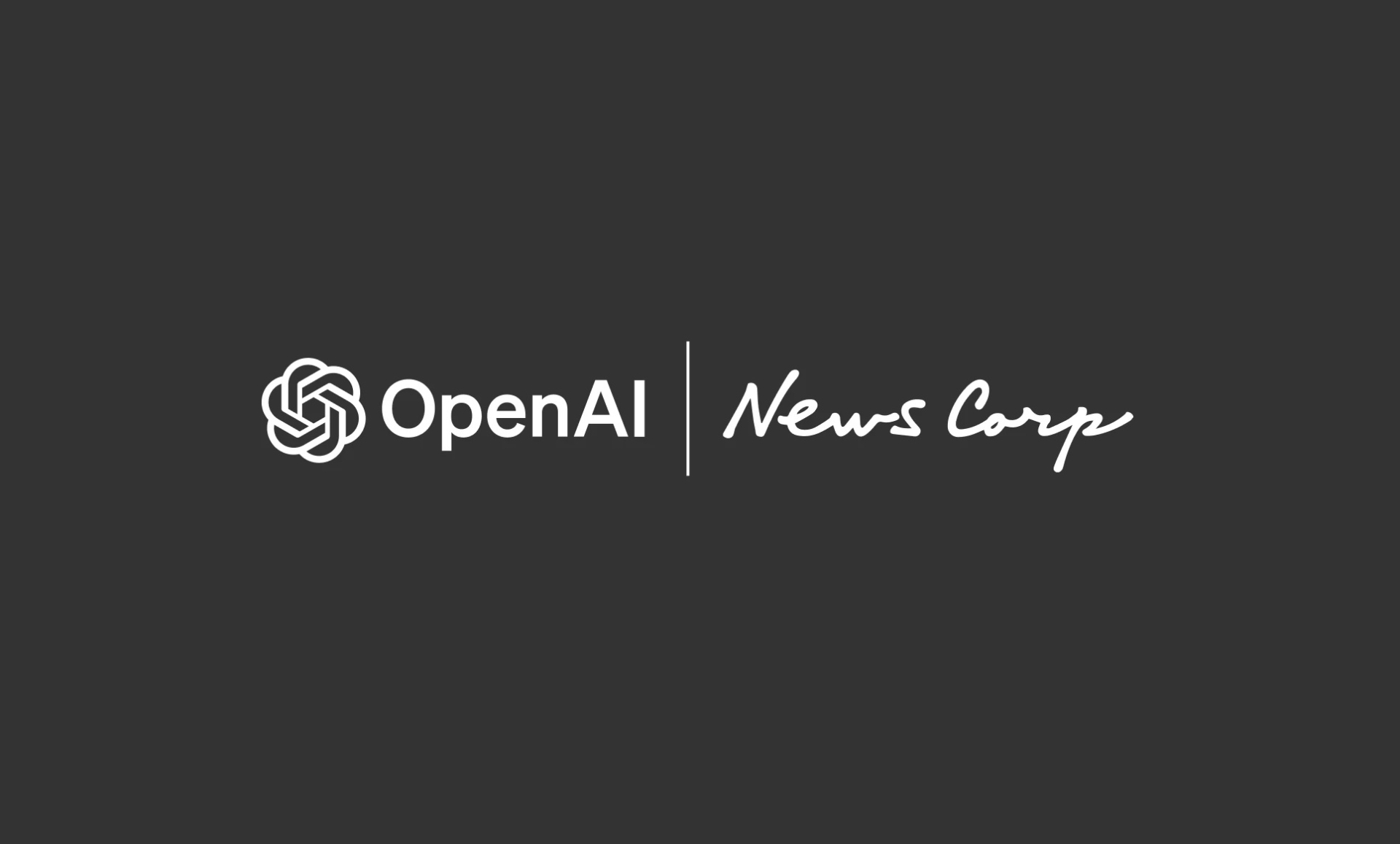
The partnership with OpenAI is expected to bring News Corp around €250 million over five years. Photo: OpenAI
Work with AI or fight it?
In fact, the “monster” ChatGPT has been consuming books, articles, and content on the internet for a long time, becoming more and more “superhuman”, thereby bringing profit and fame to its “boss” OpenAI. This includes online news articles on the internet, including free, copyrighted, or exclusive content.
But now the “free consumption” of chatbot models is starting to run into problems, as many news agencies and media organizations are starting to question its legality.
It is true that ChatGPT or some AI model is providing common value to humanity. But one cannot go to a bookstore or a newsstand and arbitrarily bring back the items there and say that you need to make all of these products free because they are providing common benefit to humanity. Just as one cannot ask AI companies to make all of their products free.
That’s why the New York Times and several other news organizations recently sued OpenAI for copyright infringement. And by signing deals directly with media companies, often very large ones, generative AI services like ChatGPT are making sure they stay out of legal trouble over this issue.
Additionally, the quality and provenance of training data is also important and can lead to biases in what AI produces, which is also a factor that forces AI companies to cooperate with mainstream news outlets.
This is also why while some news media organizations are trying to prevent the use of their content, others, including the Associated Press (AP), are signing deals with AI companies.
Be careful and vigilant
It remains to be seen how deals like this will affect news organizations in general and journalists in particular. But one thing is certain: not every news organization in the world can negotiate content deals with AI companies on its own, or get the attention of News Corp.
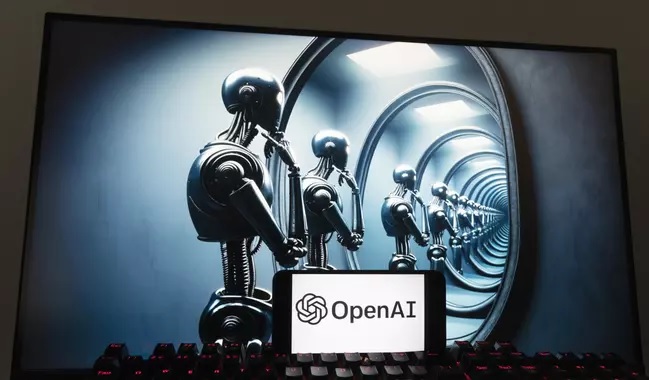
Chatbots like OpenAI's ChatGPT are likened to "voracious beasts." Illustration: GI
This means that once again, small and medium-sized news organizations will be pushed aside, as media giants vie for lucrative content contracts, leaving small organizations with only crumbs or starved altogether.
Tech companies like OpenAI understand that creating quality news costs money and that they need to license content from news organizations. So they will continue to make deals with some major news organizations to both provide content to train AI and news to provide users.
The AI companies’ approach is much cheaper than creating the content themselves. At least buying the product below cost is a success, but how they then market it is another matter (but no one can beat them at that).
As for the news agencies that are paid by the AI giants for their content, they will immediately feel the benefit, when they "suddenly" receive a large amount of money without having to pay any additional costs (as we know, a digital article, even if sold to 1 or 1 million people, still costs almost the same).
But stop and think! Whether intentionally or unintentionally, this is likely another trap that tech giants have set for the press in general. When they get content at a cheap price, tech companies will “resell” it at a very cheap price, or even for free (in exchange for advertising), but on a huge scale from local to global, thereby reaping huge profits.
And then no one will pay to read paid or free news sites like News Corp. Almost all of those news organizations will come from the money paid to them by AI companies.
Obviously, a giant like News Corp, owned by the family of media tycoon Rupert Murdoch, is smart enough to understand that. But it is very possible that because of immediate benefits or because they may have other binding terms, they believe that the above-mentioned bad scenario will not happen.
Still, this is another threat to journalism. It’s like how newspapers around the world once gave up their products to tech platforms like Google and Facebook to distribute for free in exchange for advertising. But the result was that only a few newspapers benefited, while the majority were squeezed out and increasingly turned into money-making tools for others.
So, caution is needed for news organizations when accepting to sell content to tech companies to feed their “AI beasts.” Could this be another act of journalism shooting itself in the foot?
Hoang Hai
Source: https://www.congluan.vn/thoa-thuan-cua-news-corp-voi-openai-lai-la-hanh-dong-tu-ban-vao-chan-cua-bao-chi-post296836.html





![[Photo] Prime Minister Pham Minh Chinh receives Mr. Jefferey Perlman, CEO of Warburg Pincus Group (USA)](https://vstatic.vietnam.vn/vietnam/resource/IMAGE/2025/4/18/c37781eeb50342f09d8fe6841db2426c)


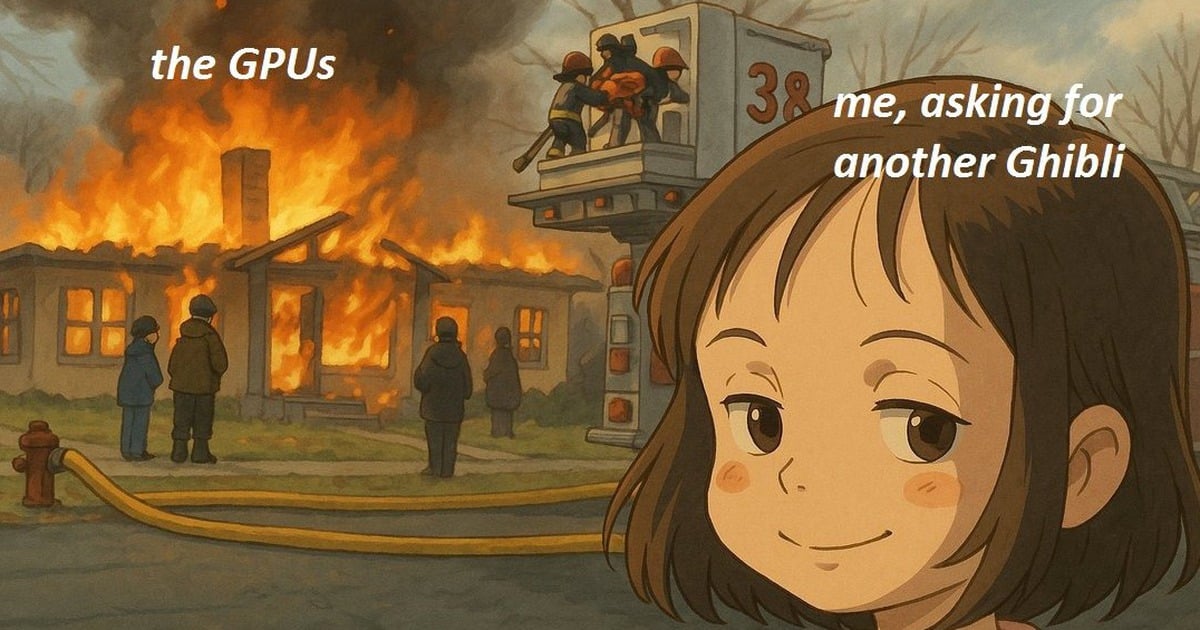



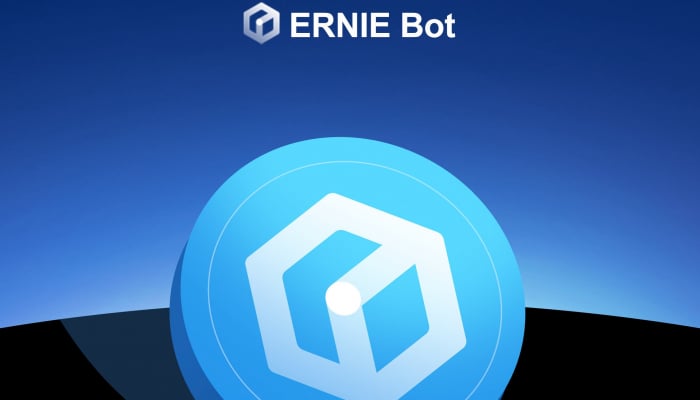
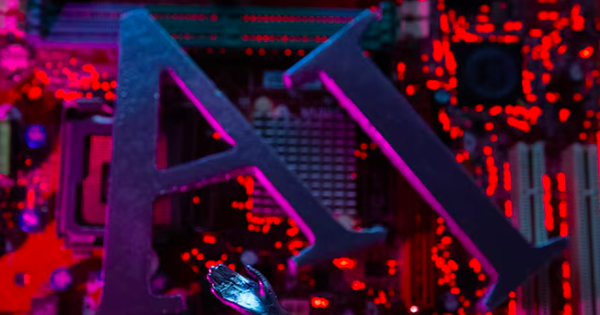



















































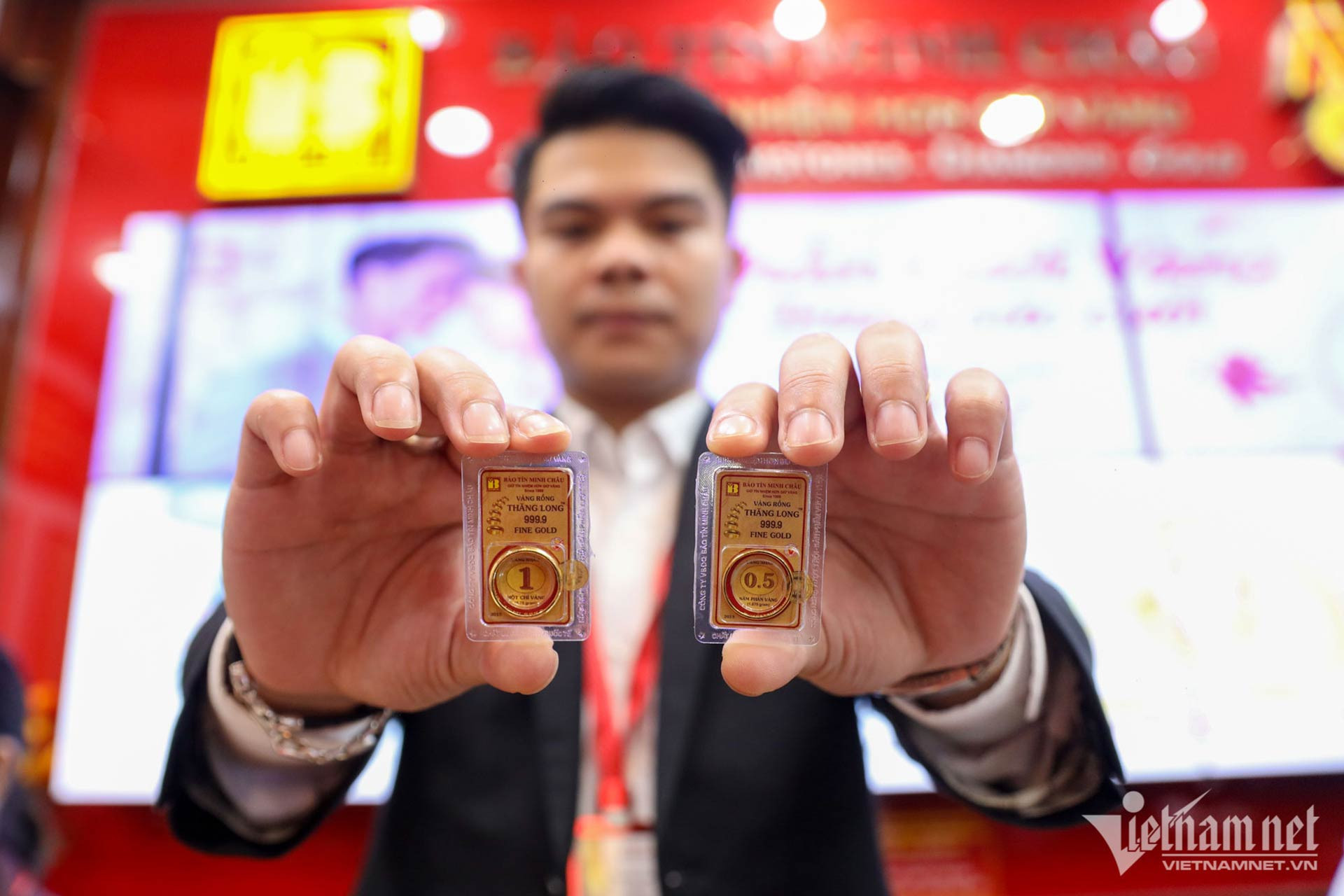







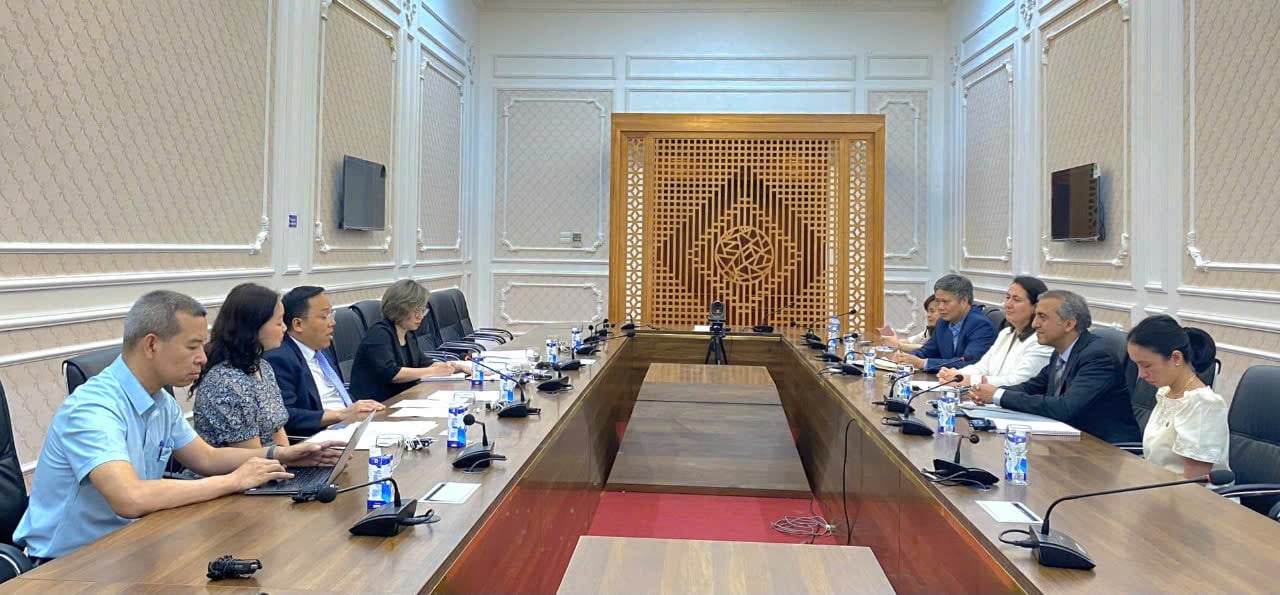




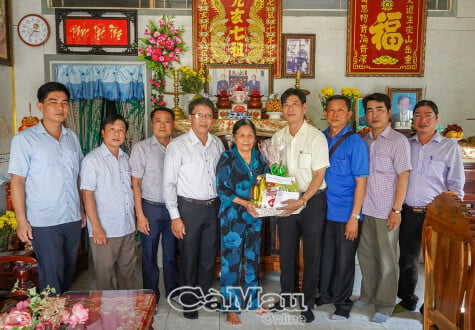

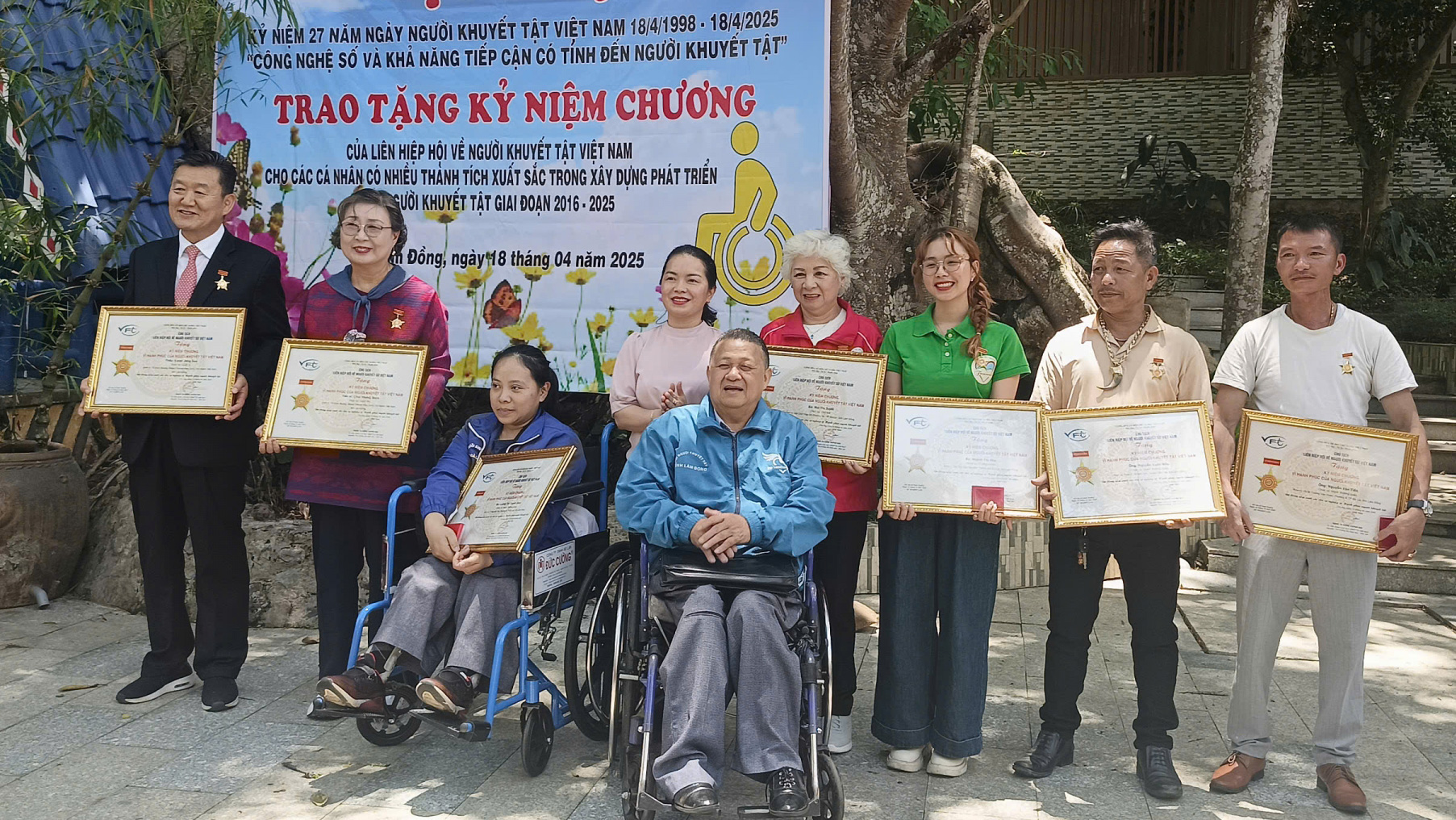

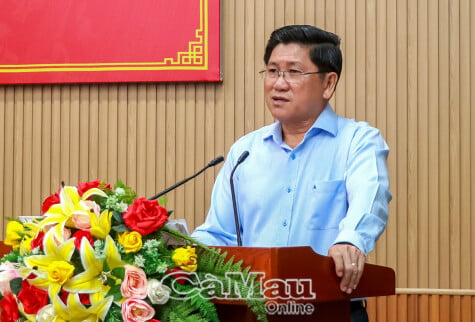
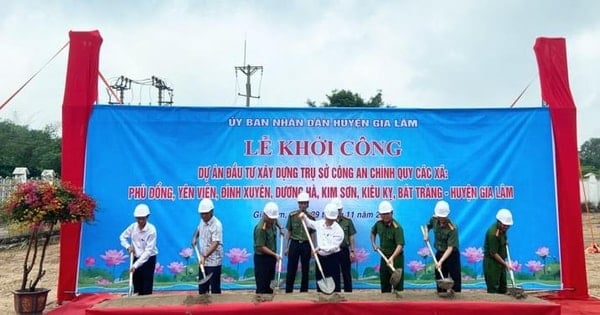


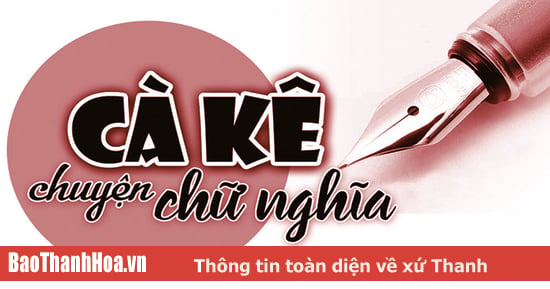










Comment (0)